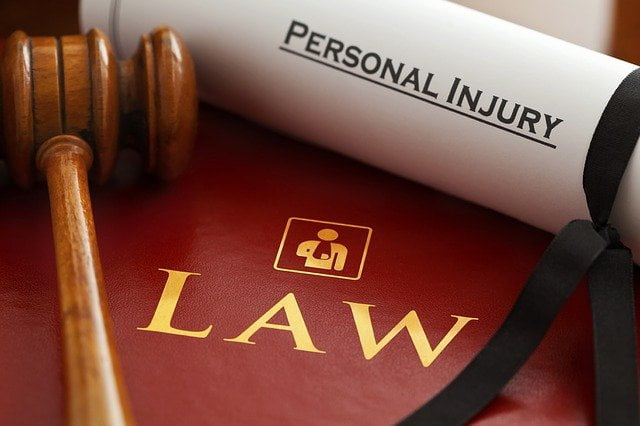3 Ways To Treat Your Iron Deficiency – Art of Healthy Living
Iron deficiency is the most common deficiency across the globe. As the name denotes, an iron deficiency means that your body is suffering from a lack of iron. This can lead to a whole host of health issues. In mild cases these can be treated easily – most people with low iron levels can treat their symptoms quickly and effectively. However, if left untreated low iron can cause serious and damaging health problems. Symptoms can appear to be mild and often confused with other illnesses. One of the main symptoms is feeling tired and run down or weak. A few nights without sufficient sleep can also make us feel rubbish, so people don’t recognize that there may be a bigger issue than missing a few hours of snoozing. If you have any symptoms relating to iron deficiency or anemia, get tested at your doctor’s. If your health practitioner determines that you are low in iron, read on to find the best iron deficiency treatment for you.
1. Try Supplements
The easiest way to raise your iron levels is by taking supplements. These can be found in different forms such as tablets or liquids. Supplements are a great option when you want to tackle your deficiency quickly or if you can’t maintain good iron levels just through diet changes. Pregnant women are usually solid candidates for supplements as they need a much bigger increase in iron to provide the necessary minerals to their growing baby. Iron aids in the production of healthy red blood cells which carry oxygen around the body. It is also good for younger children who may be low in iron as it delivers the mineral with great efficiency.
2. Eat Better
Adding more iron-rich foods to your diet is a fantastic way to increase your iron intake. Red meat is a big source of the mineral. If you’re looking to eat less red meat or don’t eat animal products, beans such as kidney beans and edamame beans are a fantastic alternative. Quinoa and seeds are full of iron but dark green leafy vegetables are one of the most iron-rich, healthiest foods around. Try and add as much spinach to your diet as possible to pack in all of those nutrients! If you’re not a spinach fan you could even try blending a few handfuls into a smoothie, when paired with fruits such as banana you won’t taste it one bit!
3. Reduce Underlying Causes
There are some underlying causes that contribute to an iron deficiency. One of those causes could be medication. Some women find that heavy periods mean they are low in iron due to the high amount of blood they release each month. A lack of other iron-heavy nutrients such as vitamin B could also hinder your iron levels. These can be rectified relatively easily by treating those underlying causes. Other more serious issues of low iron are ulcers or even cancer so be sure to visit your doctor if supplements and an iron-rich diet aren’t alleviating your deficiency.
Do you suffer from an iron deficiency? Drop us a comment to let us know your preferred method of treatment.
*collaborative post
This article was originally published by artofhealthyliving.com. Read the original article here.




